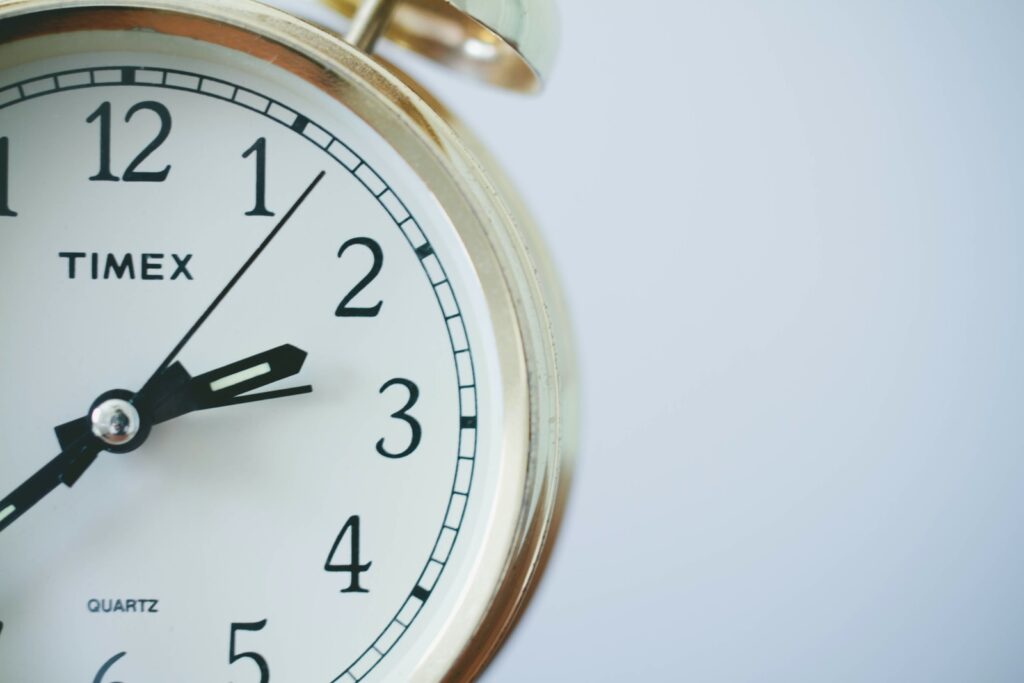Understanding Depression
-
An Overview of Depression
-
Signs & Symptoms of Depression3 Topics
-
What Are the Causes of Depression?7 Topics
-
Ages and Stages of Depression4 Topics
-
Diagnosis of Depression
-
Treatment of Depression
-
How Do Antidepressants Work?10 Topics
-
Who Shouldn’t Take Antidepressants?
-
Are Antidepressants Addictive?
-
How Easy Is It to Come Off Antidepressants?
-
How Long Do Antidepressants Take to Start Working?
-
How Long Should I Stay On Antidepressants?
-
The Different Types of Antidepressants
-
What Should I Know Before Taking Antidepressants?
-
Other Drugs For Treating Depression
-
What are the Alternatives to Antidepressants?
-
The Side Effects of Antidepressants
-
Who Shouldn’t Take Antidepressants?
-
Living with Depression
How Long Should I Stay On Antidepressants?

Studies show that staying on antidepressants for six months after they have become effective can help prevent further episodes of depression.
Some studies suggest that most people aren’t being given antidepressants for long enough. The BNF recommends that people should be maintained at the effective dose for at least four to six months after the depression has lifted. If treatment stops too soon, the depression is likely to return.
In recurrent depression, maintenance therapy with an effective dose may need to continue for several years (information about ‘maintenance’ doses is included under the individual drugs). Due to possible problems with withdrawal (see next lesson), it is important not to suddenly reduce the dose or stop altogether. If possible you should discuss with your doctor or other health professionals how long to remain on your antidepressants and how to go about stopping them.
